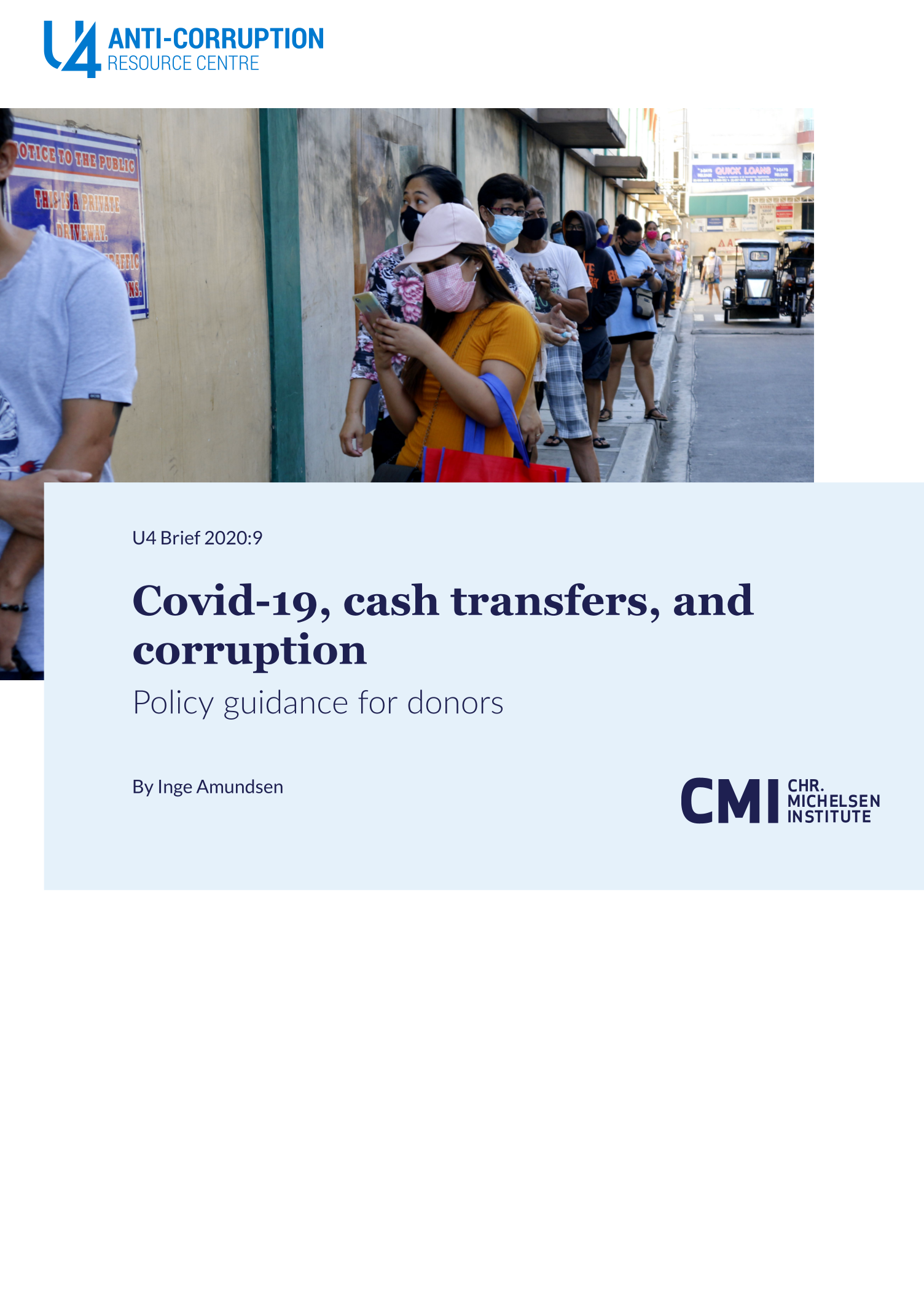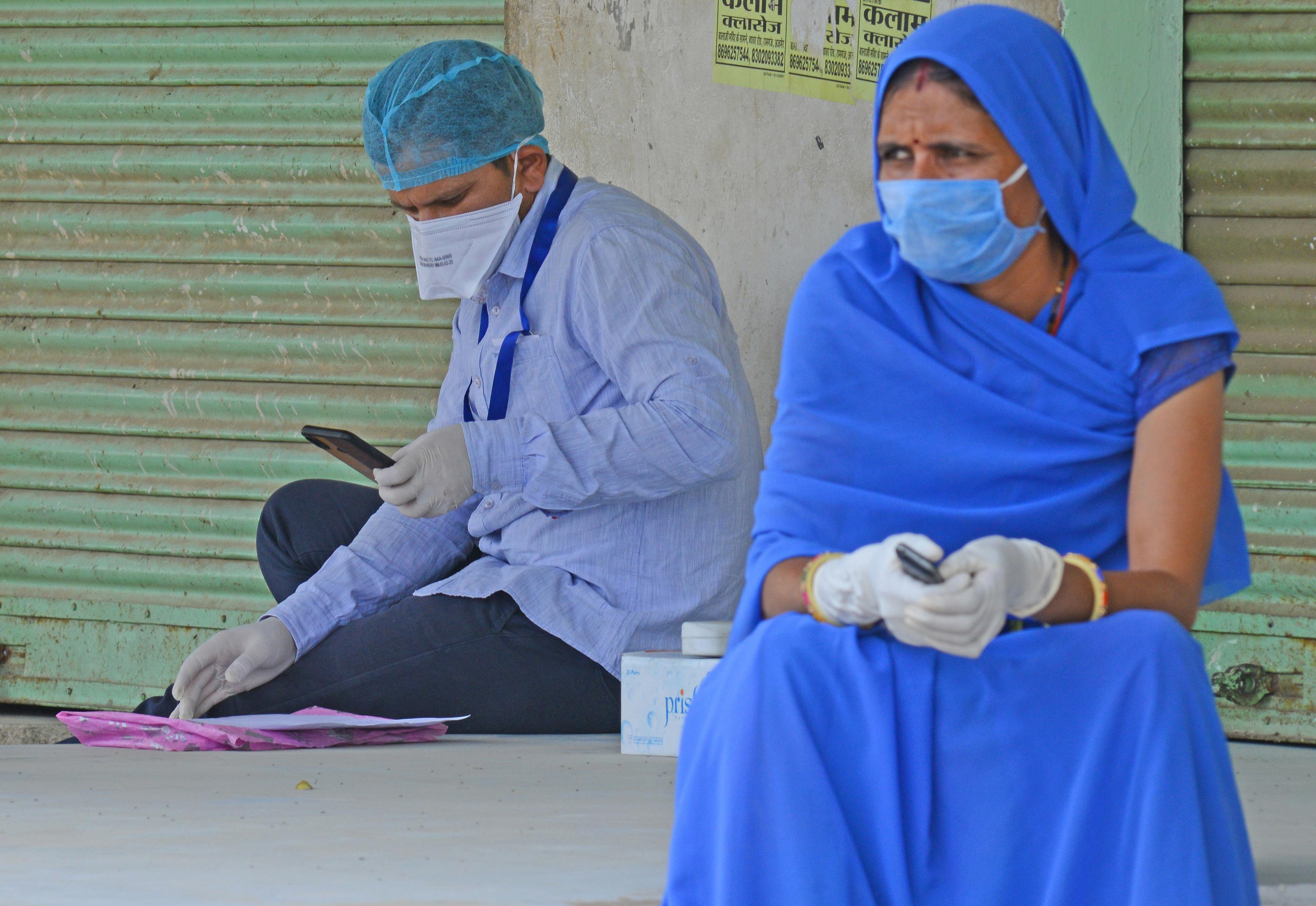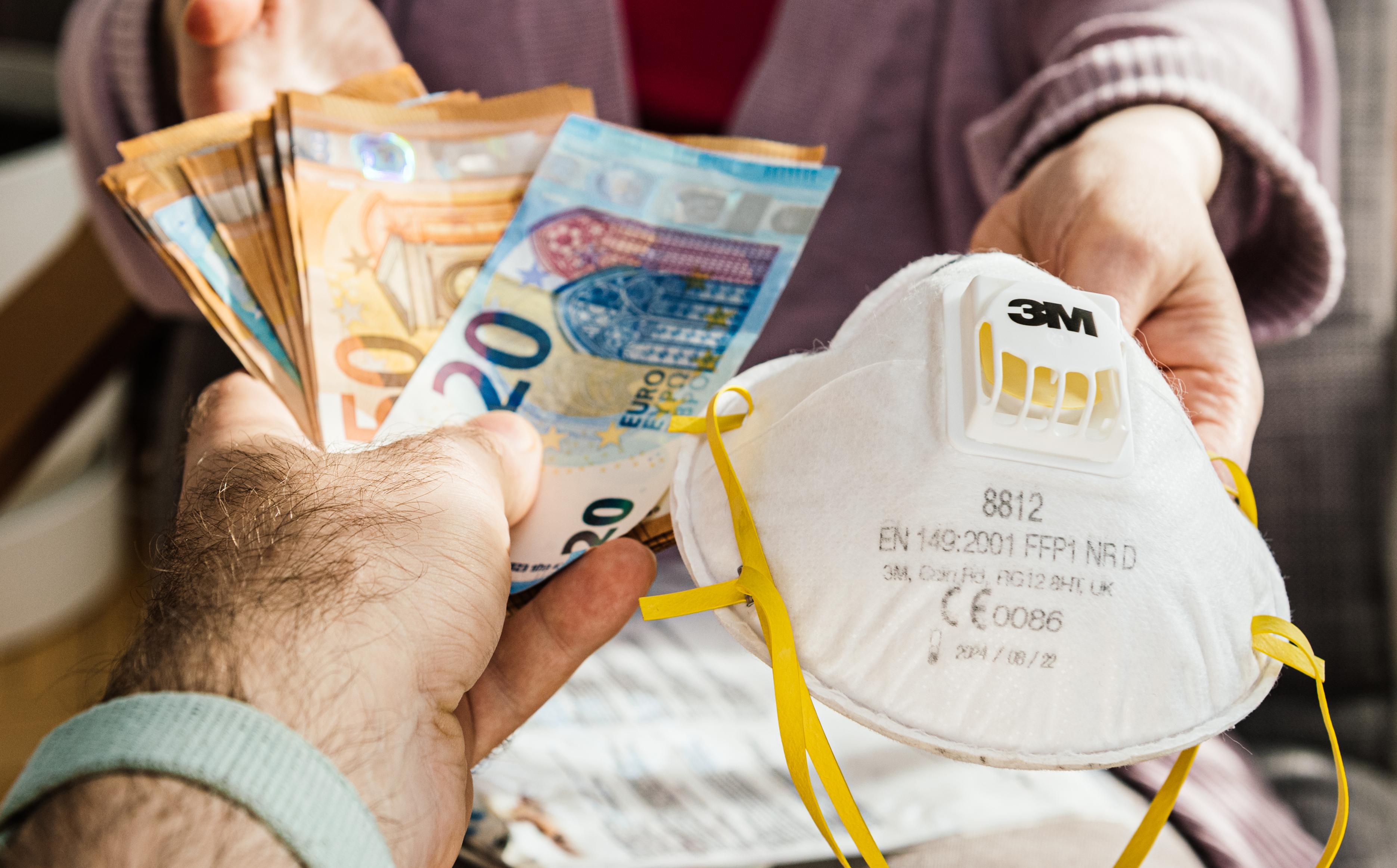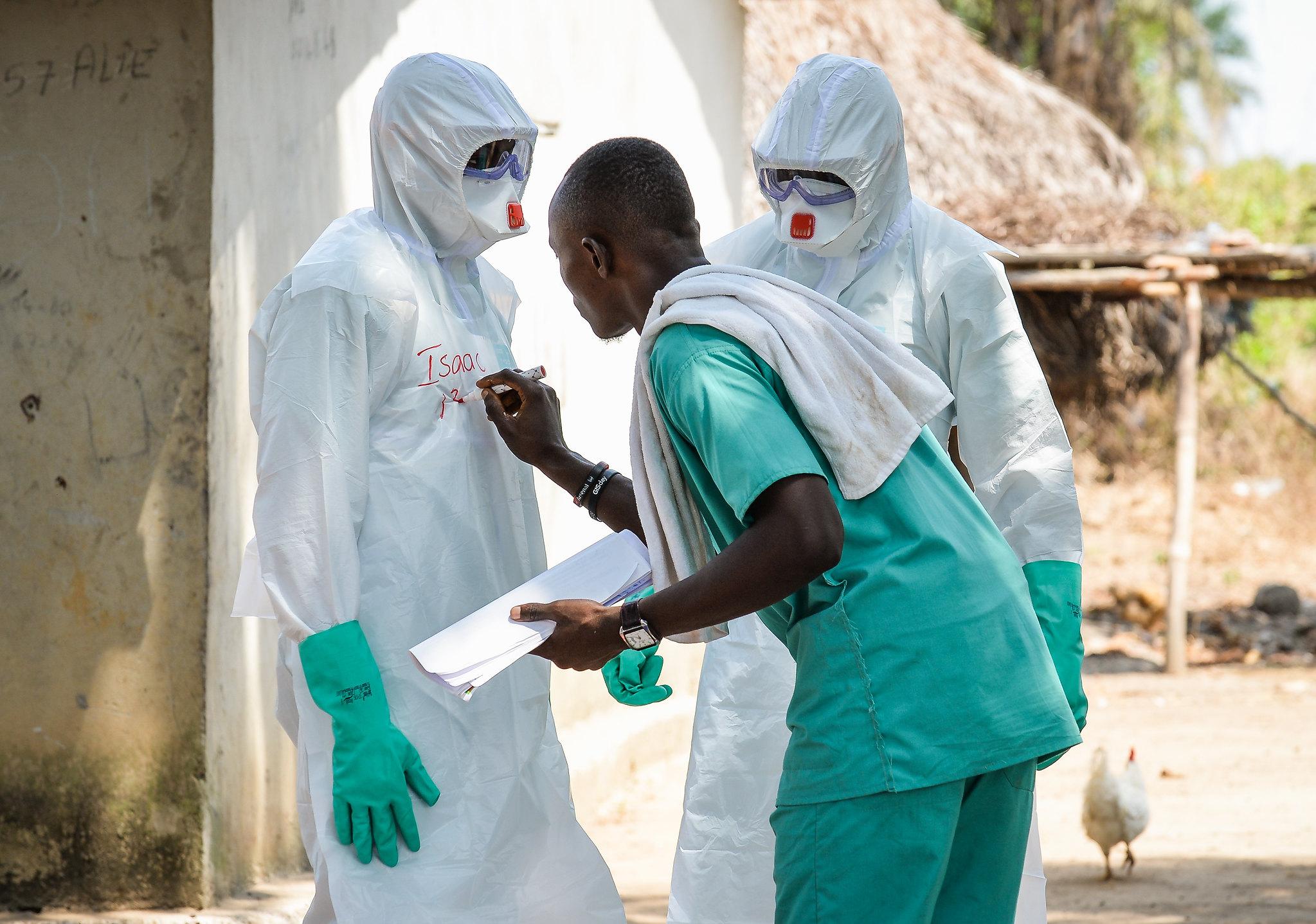Main points
- As entire economies are shut down to control the spread of the Covid-19 virus, cash transfer programmes via mobile telephony can be a fast and efficient way to reach the poorest and most vulnerable.
- Cash transfers are considered a better way to reach the poor than food distribution and less prone to corruption, as the funds pass through fewer middlemen, thus limiting the number of officials with discretionary powers and private interests.
- Cash transfers can be very efficient in countries with existing structures and methods to deliver cash to the poor, such as previous social security nets, identified recipient groups, and widespread use of mobile money.
- Existing government cash transfer programmes can be supported and expanded to reach a larger proportion of the needy. When government cooperation is unwarranted, there are some international organisations with broad cash transfer programmes. Local NGOs can help in accessing target populations.
- Cash can still be diverted and embezzled all along the entire cash transfer chain, and the scale and speed of these programmes will intensify the corruption risks involved.
- The corruption risks are identified at four stages of the process: when funds are allocated to and managed by recipient governments; when decisions are made on who will be the recipients; when funds are handled by the distributing agencies; and when the funds are given to the end users.
- Addressing corruption challenges in cash transfer programmes involves establishing clear, transparent, and efficient targeting mechanisms; choosing reliable and context-specific cash distribution systems; ensuring transparency and participation of beneficiaries; and putting robust monitoring and evaluation systems in place.



